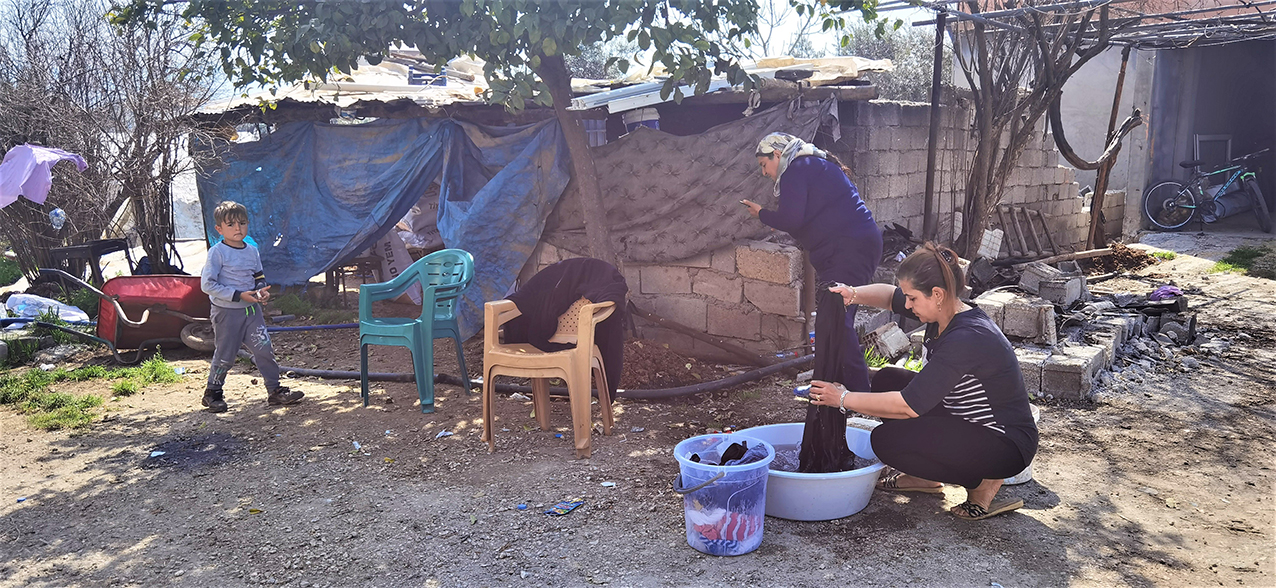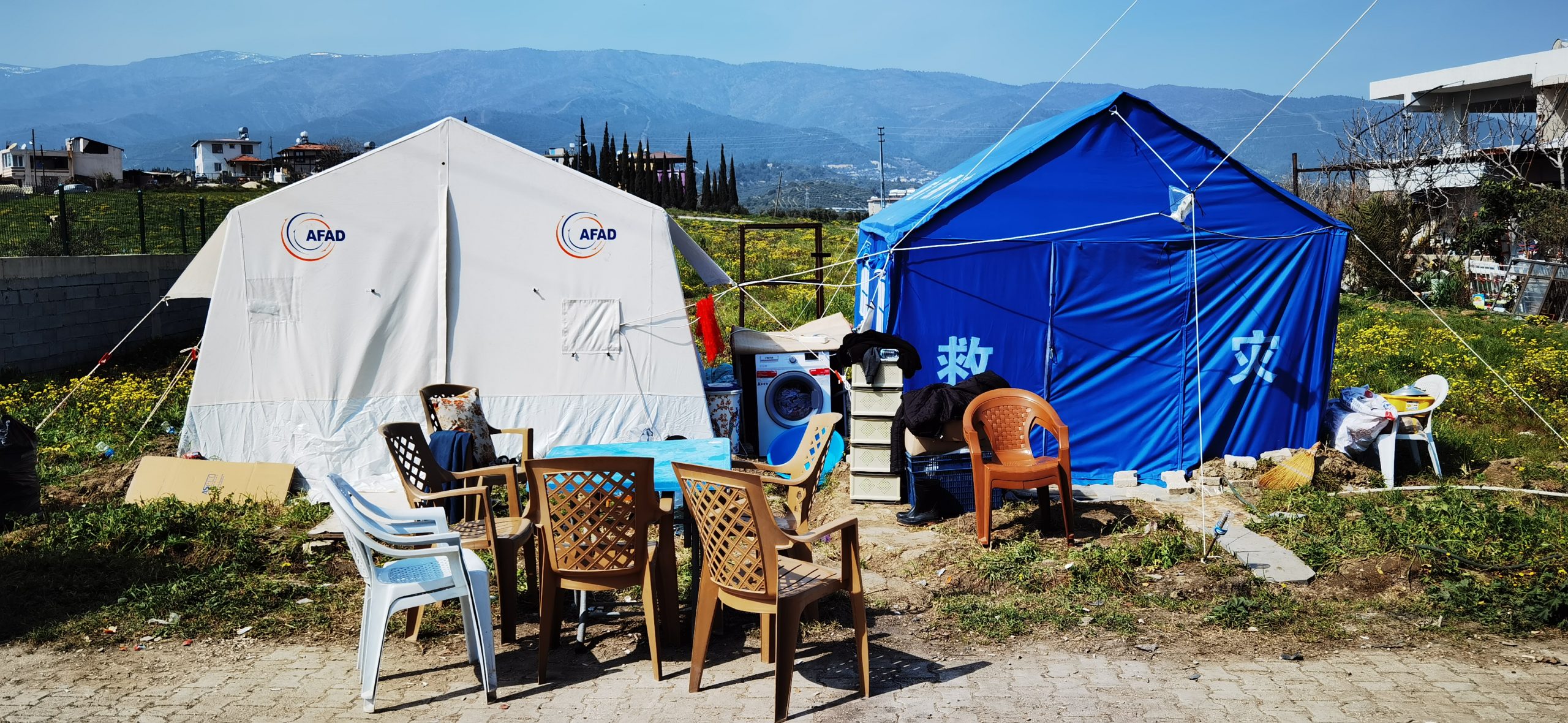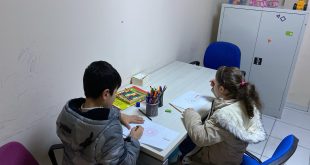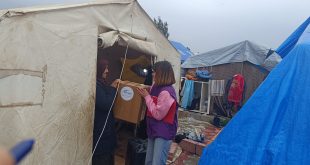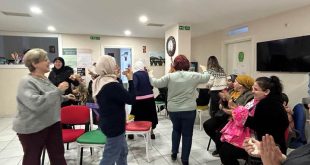Increasing Vulnerability of Women in Disaster and Emergency Situations
With observations from the Hatay earthquake region
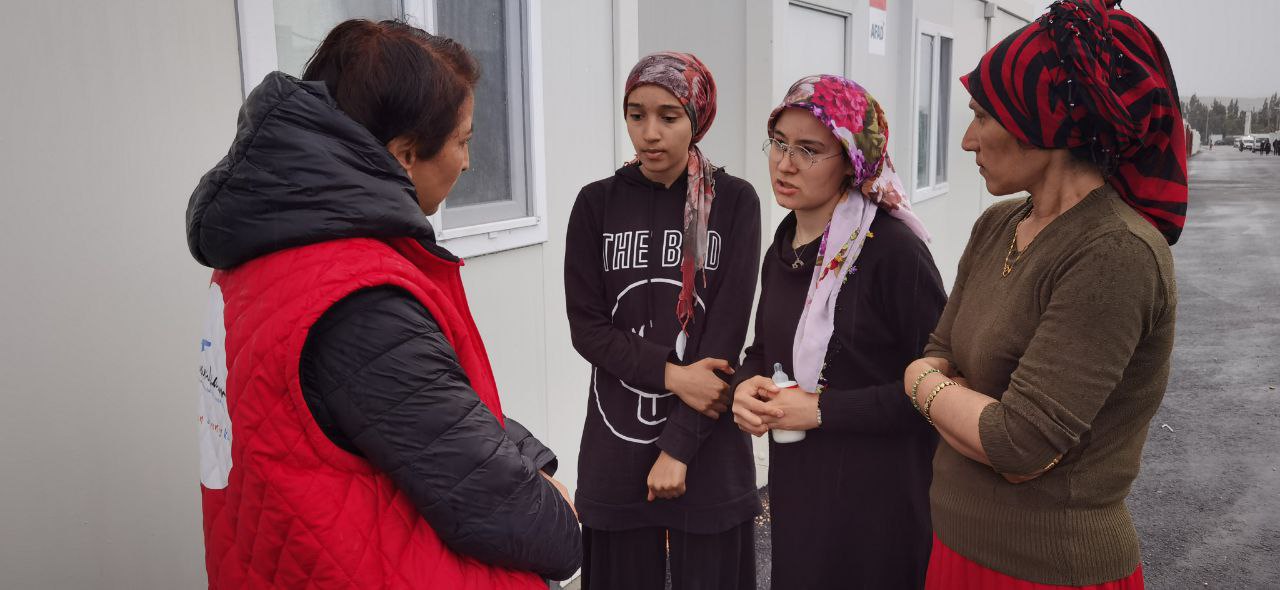 Gender inequalities increase in disasters and emergencies. These inequalities, in particular, limit the access of women and girls to basic rights and services, causing them to suffer more from disasters. We can summarize the reasons that increase the vulnerability of women and girls in disasters under several topics:
Gender inequalities increase in disasters and emergencies. These inequalities, in particular, limit the access of women and girls to basic rights and services, causing them to suffer more from disasters. We can summarize the reasons that increase the vulnerability of women and girls in disasters under several topics:
1.Cultural and traditional influence
– Since women are mostly not in a decision-making role in the family, their capacity to make decisions and react during disaster preparedness and disaster declines.
– Due to the duty of providing care for the house and children, which are imposed on women in society, they cannot acquire some skills that can save lives in disasters such as swimming and climbing trees, starting from a young age.
– Women are not directly involved in disaster and emergency preparations.
– The burden of care for women increases in disasters and emergencies. Even in pre-disaster conditions, workloads such as taking care of children, the elderly and sick, and maintaining order at home, which occupy all the time of women, increase and become more difficult under disaster conditions.
– Risks of rash and urinary tract infection increase in women and girls due to inadequate hygiene conditions in disasters.
– Inadequately meeting the needs such as clean underwear and sanitary pads increases the risk of infection in women and girls.
– The burden of cleaning work on women causes them to come into contact with unclean water more and the risks of infection due to this.
3. Reproductive health
– With the limitation health services in the post-disaster period, access to services such as mother and child health (postpartum, breastfeeding, etc.), reproductive health (pregnancy, birth, birth control, termination of pregnancy, etc.) becomes difficult.
– Risks such as early pregnancy loss, premature birth, stillbirth, unwanted birth, pregnancies at an early age increase.
– The decrease in social support as a result of displacement due to disaster makes women and girls more vulnerable to violence.
– The risk of sexual violence against women and children increases due to the lack of privacy in areas such as tents, toilets, bathrooms (several families staying together in tents, having toilets and bathrooms far from tents and adjacent to men’s, etc.).
– Domestic violence against women increases due to the losses caused by the disaster being in the first place, the inadequacy of basic living conditions, and the economic and social difficulties.
5. Child marriages and woman trafficking
– Child marriage and woman trafficking increase in disasters and emergencies.
– Women and children who are deprived of financial means can be directed to human trafficking and prostitution to provide for their families.
In Hatay, one of the provinces where earthquakes centered in Kahramanmaraş caused the most destruction and loss, we work from a women’s perspective, learn about the needs and problems of women from them and provide support according to these needs.
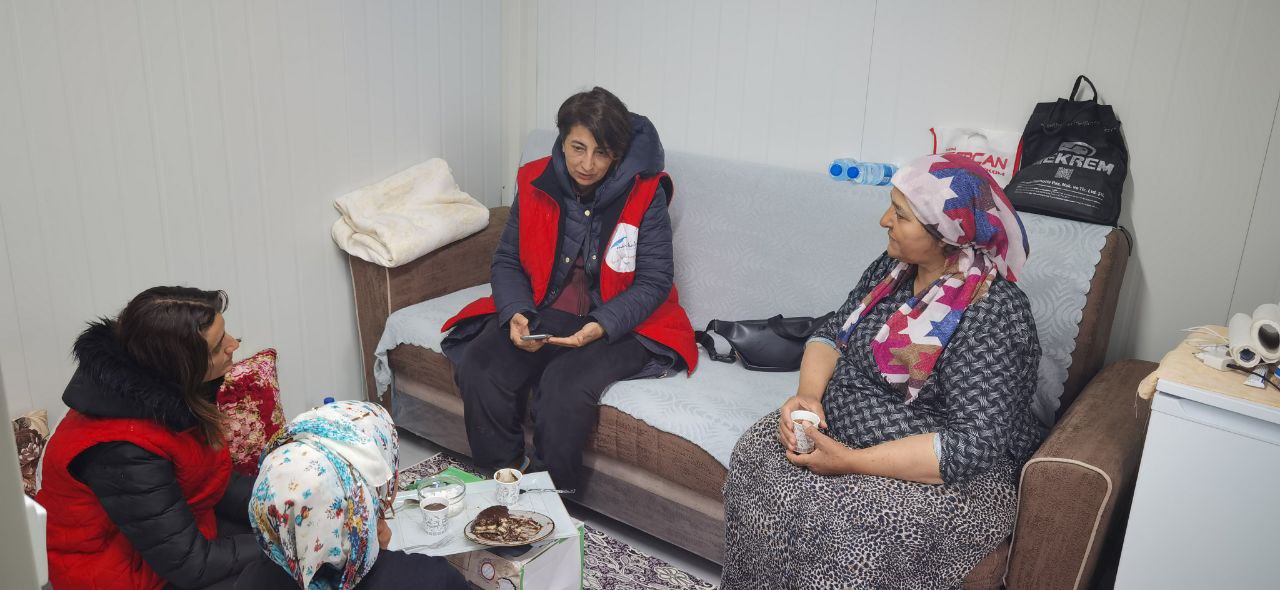 Some of our observations on the increasing vulnerability of women in Hatay:
Some of our observations on the increasing vulnerability of women in Hatay:
– The fact that the toilets in the tent areas are far from the tents creates a security risk for women and children. In our interviews, women stated that they were afraid and did not feel safe because the toilets were far away and men gathered in front of the toilets.
– One of the most urgent needs of women is underwear. The need for women’s and children’s underwear, long undergarment, pantyhose and stockings continues.
– In the needs lists created and the material packages sent to the region, there are mostly athletes and panties as underwear. But women also need bras.
– The managers and coordinators of the campsites are mainly men. This makes it difficult for women to express culturally private issues and needs such as underwear. In order for women to be able to communicate easily during coordination and distribution, it is necessary that women employees take part equally.
– Women often come into contact with unclean water in difficult conditions to wash the laundry of the whole family. The lack of clean underwear also increases the workload of women and their contact with unclean water. In order to reduce these risks, more laundry facilities are needed in tent areas.
– Another situation that increases the risk of infection in women is the uniformity of toilets. Using the same toilet as men creates a reproductive and sexual health risk for women and girls. As a matter of fact, we learned that urinary tract infections started in women.
– The care burden of women has increased. The burden of especially the women that care for the elderly, children and grandchildren, got heavier. Women who set up tents in front of their houses undertake responsibilities such as cooking, caring for children and elderly people, and arranging the area. Women also take life-threatening risks by going in and out of their half-destroyed homes in order to do laundry.
You can find more information about our observations and studies in the Hatay earthquake zone here.
The increasing burden of gender roles on women in earthquake response studies should be observed with the expressions and participation of women who are affected of the disaster, and the efforts to alleviate this burden should be prioritized. You can find more information about the increased vulnerability of women in disasters and emergencies, solutions for them, and case studies in the Result Book of Women’s Workshop in Disaster and Emergency Situations.
 Mavi Kalem Sosyal Yardımlaşma ve Dayanışma Derneği Hayata Rengini Kat!
Mavi Kalem Sosyal Yardımlaşma ve Dayanışma Derneği Hayata Rengini Kat!


